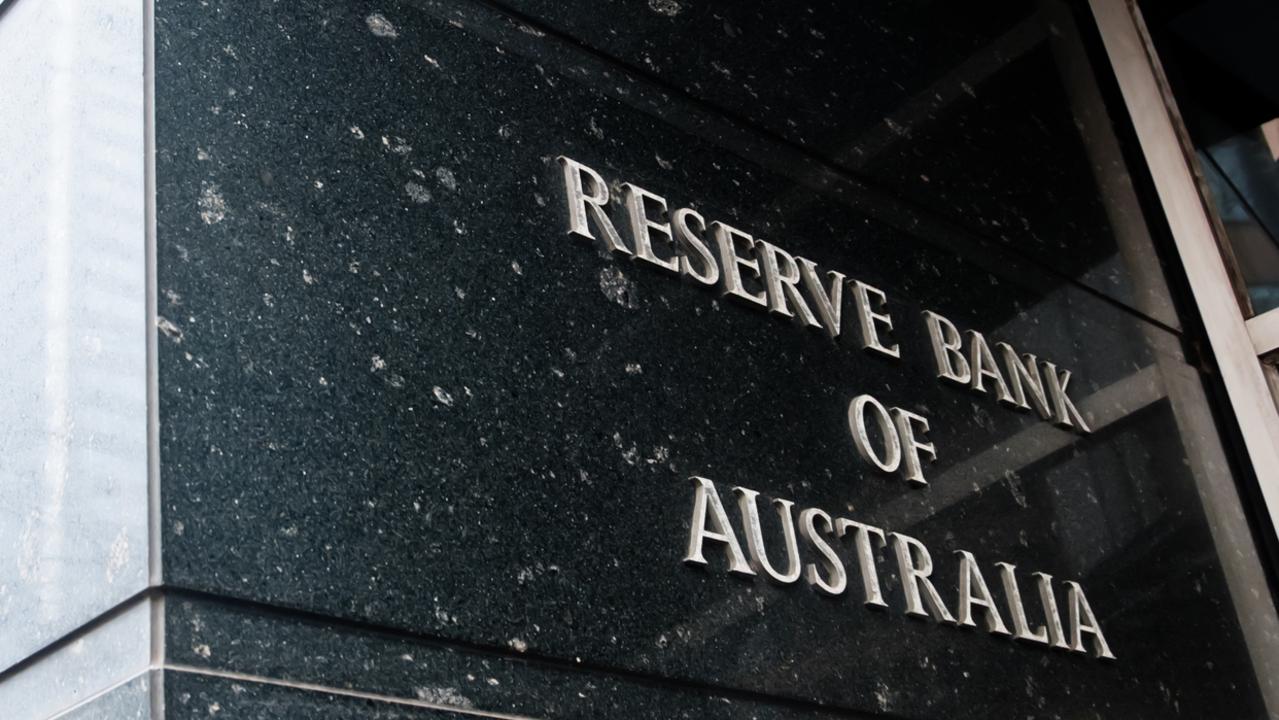RBA Monetary policy Announcement - April 2023

| RBA Monetary policy Announcement - April 2023 |
| At its meeting today, the Board decided to leave the cash rate target unchanged at 3.60 per cent and the interest rate on Exchange Settlement balances unchanged at 3.50 per cent. |
Why would the reserve bank leave interest rates on hold? Not increase or decrease?
There are several reasons why a reserve bank, such as the Reserve Bank of Australia (RBA), might decide to leave interest rates on hold, neither increasing nor decreasing them. These reasons often stem from a desire to maintain economic stability and promote sustainable growth while keeping inflation within the target range. Some of the reasons include:
- Economic stability: If the economy is experiencing stable growth, low unemployment, and moderate inflation, the central bank might choose to maintain the status quo by keeping interest rates unchanged. This ensures that the economy continues to grow at a sustainable pace without causing overheating or a slowdown.
- Inflation targeting: Central banks, including the RBA, often have an inflation target that they aim to maintain. In Australia, the RBA's target is to keep inflation within a range of 2-3% over the medium term. If inflation is within this target range, the RBA may decide to leave interest rates unchanged to avoid causing fluctuations in the inflation rate.
- Uncertain economic conditions: If there are uncertainties surrounding the domestic or global economic outlook, the central bank may choose to leave interest rates unchanged as a precautionary measure. By doing so, the central bank maintains flexibility to respond to changing economic conditions more effectively in the future.
_________________________
Read more:
Can you shorten your home loan term?
Consequences of Late Home Loan Repayments
How does rising inflation affect your borrowing power?
_________________________
- External factors: The central bank may also consider external factors, such as global economic conditions or geopolitical events, when deciding whether to adjust interest rates. If these factors pose risks to the domestic economy, the central bank may opt to leave interest rates unchanged to avoid exacerbating these risks.
- Financial stability concerns: The central bank may be concerned about the potential impact of changing interest rates on financial stability, particularly if there are concerns about high levels of household or corporate debt. By keeping interest rates stable, the central bank can help to reduce the risk of financial stress and maintain overall economic stability.
- Waiting for more information: Sometimes, the central bank may decide to wait for more data or information before making a decision on interest rates. By leaving interest rates unchanged, the central bank allows itself more time to assess the economic situation and make a more informed decision in the future.
In summary, a reserve bank may decide to leave interest rates on hold to maintain economic stability, keep inflation within the target range, respond to uncertain economic conditions or external factors, ensure financial stability, or wait for more information before making a decision. This approach helps promote sustainable economic growth and minimises the risk of unwanted fluctuations in the economy.
Speak to a mortgage broker today about your finance options related to your next investment or home purchase.




